Honored Worker of Culture of Abkhazia, writer, holder of the II degree Order of "Akhdz-Apsha" Adile Abbas-oglu in 2019 celebrated her 99th birthday.
Asta Ardzinba
Woman legend, woman era, the heroine and an example to follow. Thus, journalists, writers, public and cultural figures wrote about Adile Abbas-oglu at different times. Adile Shakhbazovna has the title of Honored Culture Worker of Abkhazia and a labor veteran which she was awarded in Soviet times. She is also a holder of the Order “Honor and Glory” (from the Abkhaz Akhdz-Apsha - the highest order of the Republic of Abkhazia - ed.) of the II degree. However, no title, no award, medal or certificate of honor, no matter how prestigious they are, cannot fully reflect the scale of her personality.
Adile Abbas-oglu is a member of the family of the legendary Soviet leader of Abkhazia Nestor Lakoba, the daughter-in-law of his spouse Saria Lakoba (nee Dzhikh-oglu), the only survivor of all members of this family. The arrests of relatives, exclusion from the university as “the wive of the enemy of the people”, prisons, exile, famine, the need to hide for many years - she went through all the circles of hell of Stalin’s repression, but survived and told everything in the memoirs. A description of the events that she was a living witness to is a historical monument of the era and its main contribution to the history of Abkhazia, the republics of the former Soviet Union and all of humanity.
Native Sukhum citizen
Adile is the granddaughter of a Sukhum native citizen of Iranian origin, the owner of a brick factory, Yahya Abbas-oglu. She spent her childhood and youth in the house of her grandfather at the intersection of Georgievskaya and Ekaterinenskaya streets (now Aiaaira Avenue and Chochua Street - ed.).
“Sukhum was then very small, wooden structures prevailed in it, and there were only eleven stone buildings, - says Adile Shakhbasovna in her memoirs about Sukhum in the 1920s. - We lived in the area, which was located in a triangle between the shopping and administrative districts, the Red Bridge and the upper, cottage, part of the town. This area was considered aristocratic. The good shoes were necessarily lacquered and leather. Men wore felt hats, women wore narrow-brimmed hats, and some did not refuse the veil. In the cold winter evenings the townspeople gathered at each other’s places. Men played backgammon, chess, dominoes and cards. They talked a lot, recalled the old days, shared their impressions about performances and books. We children, with our mouths open, listened. There were always coffee, sweets, fruits, nuts on the table.”
Adile was fifteen years old when Emda Jih-oglu, brother of the first lady of Abkhazia, Sariya Lakoba, fell in love with her. Soon they got married. Adile’s father Shahbas was seriously worried about his daughter’s marriage, but in the end blessed the marriage. So Adile entered the family of Nestor Lakoba.
However, the happy married life of Adile was not long: just a year and a half after her marriage, the arrests of Lakoba’s family members began, and Emdy could not escape this fate. Soon Adile herself at the age of 18 went to prison and then into exile. This was in February 1938.
To remember
In the book of memoirs “I can not forget” (the second, additional edition of the book was published under the title “My Abkhazia is my destiny” - ed.) Adile Shakhbasovna described Sukhum at the beginning of the 20th century, her life in the family of the statesman of Soviet Abkhazia Nestor Lakoba, meetings with Soviet political and party leaders of the time who were friends with Lakoba and often visited the house.
The book describes in detail the political repression from which the whole Lakoba’s family and Adile herself suffered after his death, her arrest, prison, exile, escape, persecution.
The book was first published in 2005. The publication aroused great interest among readers, was distributed in the shortest possible time and had already become a bibliographic rarity. The autobiography of Adile Abbas-oglu has been translated into Turkish and Hungarian. Memories of the victims of political repression of the Stalin era became a reliable historical source. Against the background of the private life of a Sukhum woman, the story of the whole of Abkhazia and the Soviet Union unfolded.
“One very respected person, after reading my memories, asked me: “Is this all true?” For a few seconds I was speechless with surprise. - Do I look like a writer? If I was able to compose all this - it means that I have a great talent!”, writes Adile Shakhbasovna in the book.
In a house where guests are welcome
Today Adile Shakhbasovna and her daughter Lilya (a variant of the name Leyla - ed.) lead a quiet measured life in their own home. The writer rarely gives interviews, but the interest of journalists and filmmakers to her over the years does not pass, and from time to time here, in the house now at the intersection of Aiaaira Avenue (Victory - ed.) and Chochua Street, there are guests with cameras, dictaphones and notebooks.
So, Adile Shakhbasovna’s life inspired Kabardian writer and poetess Zarina Kanukova to write a book about her. Currently, the family of Adile Shakhbasovna is studying the working version of the material.
Also, says Lilya, recently “they came to show a film” in which Adile Abbas-oglu acted as one of the main characters. The point is about the documentary film “Women of the Gulag” directed by Marianna Yarovskaya, which is actively discussed in recent days in the local and foreign press. The film consists of outspoken interviews with women who survived the repression of the 1930s. The picture was filmed for five years in the Urals, the Far East, Abkhazia and in the Moscow region. The film “Women of the Gulag” entered the Oscar short-list, Abkhaz viewers could see it at the Second Sukhum Film Festival, which was held in the capital of Abkhazia in early April.
Adile Shakhbasovna herself is always glad to see the guests. Despite her old age and not feeling well lately, she finds strength for a cordial greeting, offers treats and even notices that the weather outside is not pleasant.
“It’s raining,” she notes in the process.
However, Adile Shakhbasovna gets tired from long conversations and then Lilya comes to the rescue.
“Last year, guests came from Moscow. These are descendants of my mother's inmate. They read the book and found out their grandmother in it. They came to see my mother. It was an amazing meeting,” Lilya shares.
Adile Shakhbasovna is preparing to celebrate her 99-year-old birthday with her family and friends. It was decided to hold the celebration in the old hall, where once newlyweds were honored - Emdy and Adile.
“Then the guest at the wedding Vasily Lakoba (Abkhaz revolutionary, one of the leaders of the national liberation detachment Kiaraz - ed.) shot three times at the ceiling,” Lily tells about the family tradition and demonstrates a glass preserved from the wedding of mother and brother of Sariya Lakoba .
In another living room there is a family heirloom - a painted jug presented by Nestor Lakoba at the wedding.
“I could not say the word “mom”
Lilya herself can also tell a lot. The mother’s exile, escape from Kazakhstan, where she was born, and then her mother’s constant concealment until the complete rehabilitation of Adile Abbas-oglu, affected both Lilya’s health and her already deceased older brother Edik.
Adile’s both children were born in exile in northern Kazakhstan from a marriage with exiled Ivan Vasiliadi. She wrote about that period of her life in her autobiographical book. It was a time of inhuman living conditions, famine and epidemics. And it is not known how long it would have been if there had not been one episode that changed the fate of the family.
“Once, three-year-old Lilya fell and broke her arm at the elbow. The doctor carefully examined her and said that the situation was very dangerous, but he was unable to help. The hand was swollen, the temperature rose. We did not know what to do. The child was dying. And I decided to take a bold step: to leave with the children without permission to save them,” Adile Abbas-oglu told about the incident.
Adile with the children was able to escape, she was hiding for a long time, but in the end, she reached Sukhum. Lilya survived, but the childhood trauma was felt all her life.
Adile settled in her hometown, in the only room of her father's house, which the Soviet authorities left her mother (in others the lodgers were settled). Adile was in an illegal position. Ivan, her husband, could not live with them: he again fell into exile due to the fact that he was a Greek by nationality.
“I could not say the word “mother” - Lilya recalls with tears in her eyes. - Once in childhood I fell down and burst into tears, began to call my mother for help. My brother ran up and quickly covered my mouth with his hand. It was impossible for someone to know that my mother was in Abkhazia. She, like the one who escaped from exile, was sought. They came to us with searches. The brother, who himself was a child then, hid her in the closets. I was strictly forbidden to mention her to outsiders.”
See the beauty
All these tests did not pass without a trace. Lilya’s brother, a talented young man, faced a mental illness, which began to progress over the years. He needed medication and constant medical supervision. He died at the age of 55, according to Adile, “in her arms”.
In one of the chapters of her book, “The past can kill,” Adile admitted: “I guess I made a big mistake when I told my children that we are not like anyone he else, that we can be sent back to Kazakhstan at any moment if they misbehave or don’t study well. Now I understand that my experiences and fears could not pass to them without a trace, moreover, they superimposed on their own sufferings. My children grew up in difficult times, they had to experience pain, hardship, humiliation, fear of losing their parents.”
The past can kill, break, make angry. Stalin-Beria regime was grinding fates. But nothing could break or annoy Adile Abbas-oglu. This woman is an example of incredible vitality, able to see the beauty of the soul.
And here is an example. In recent months, she almost completely lost her sight, and it was even more surprising when she picked up a bouquet of freesias and tulips she had been given and admired: “What a beauty!”
Happy birthday, dear Adile Shakhbasovna!
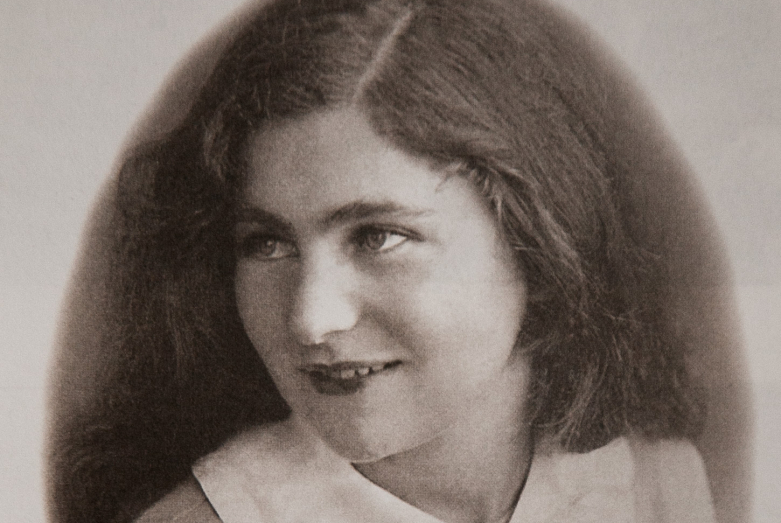
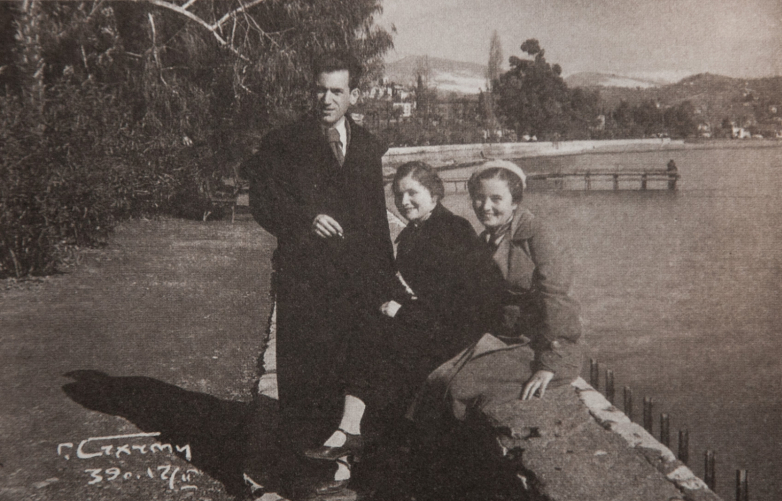
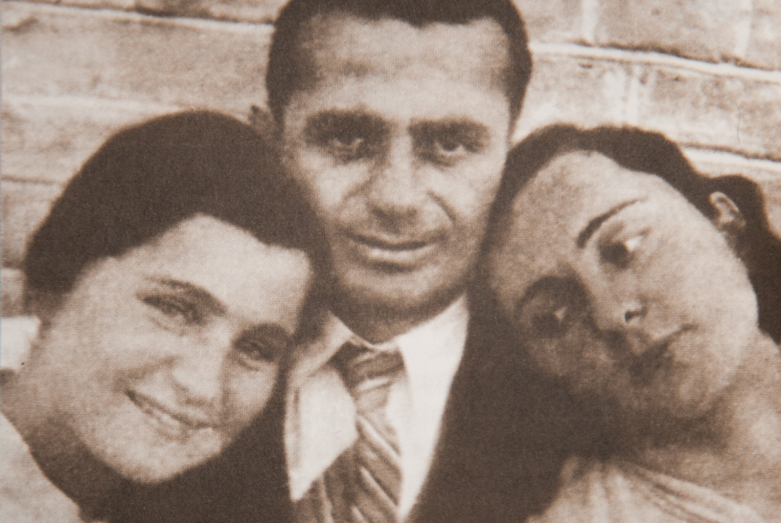
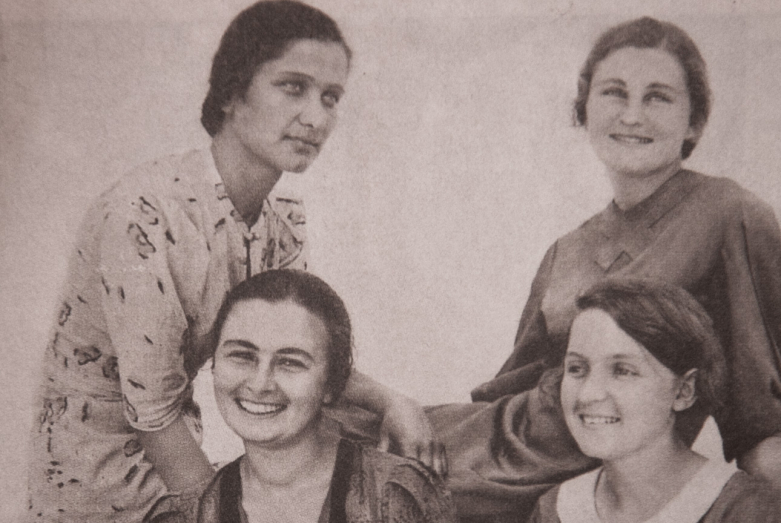
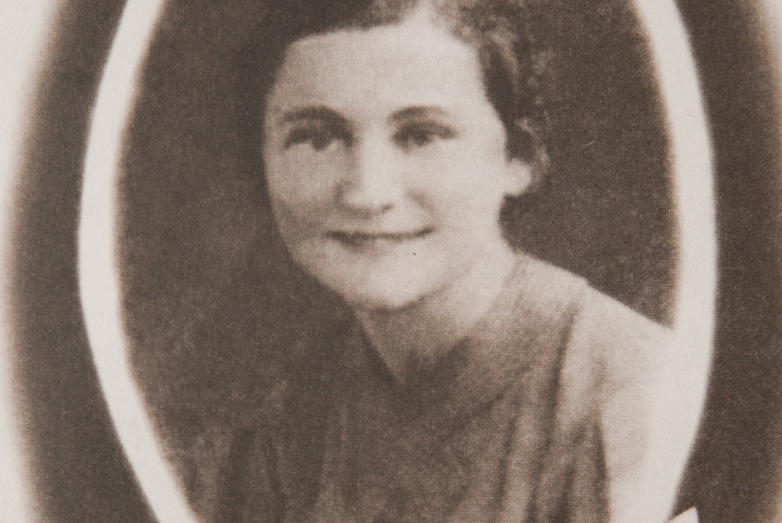
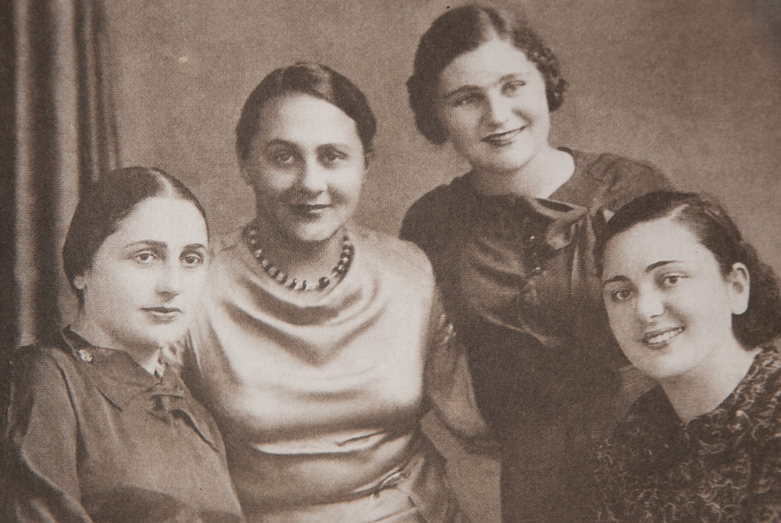
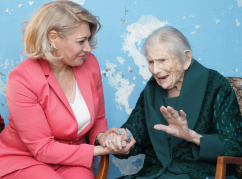
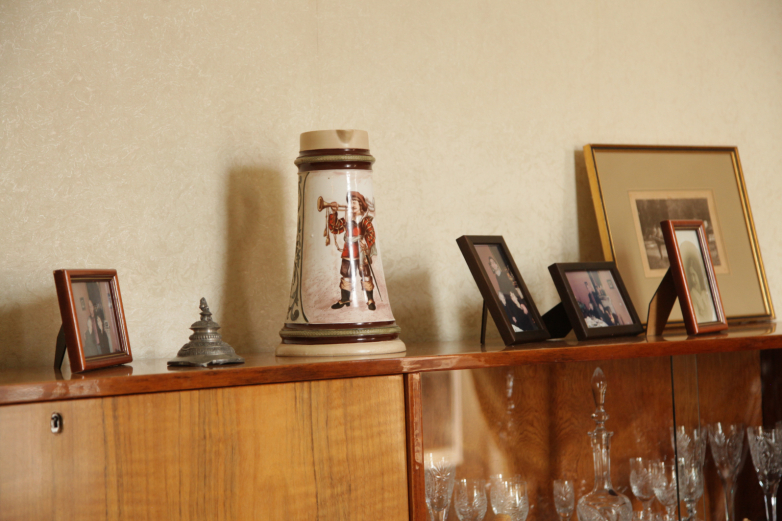
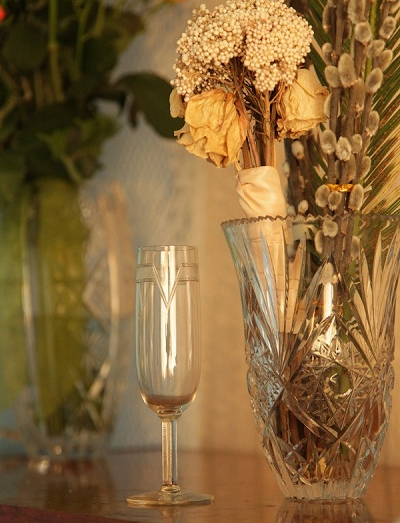
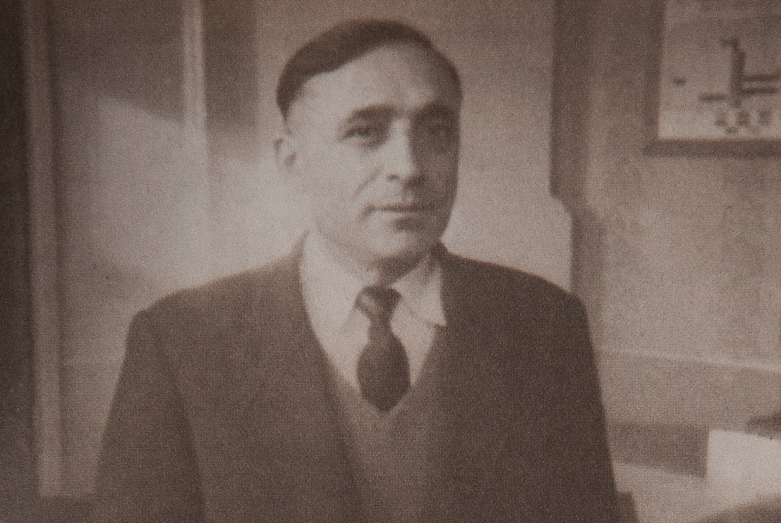
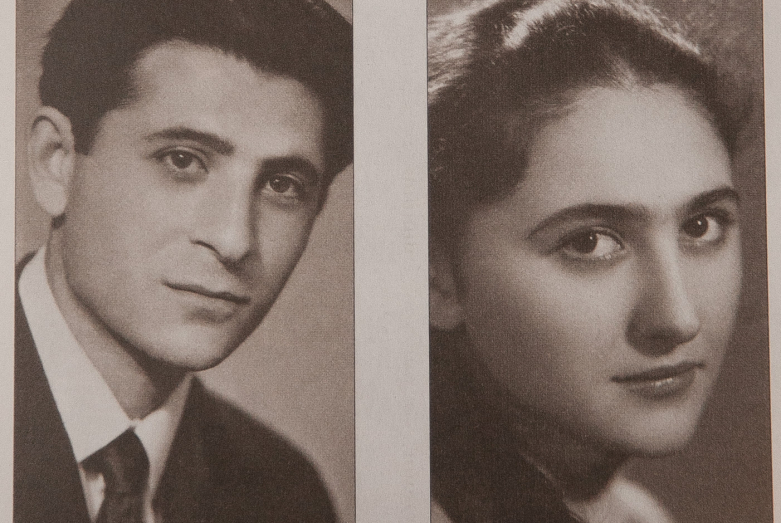
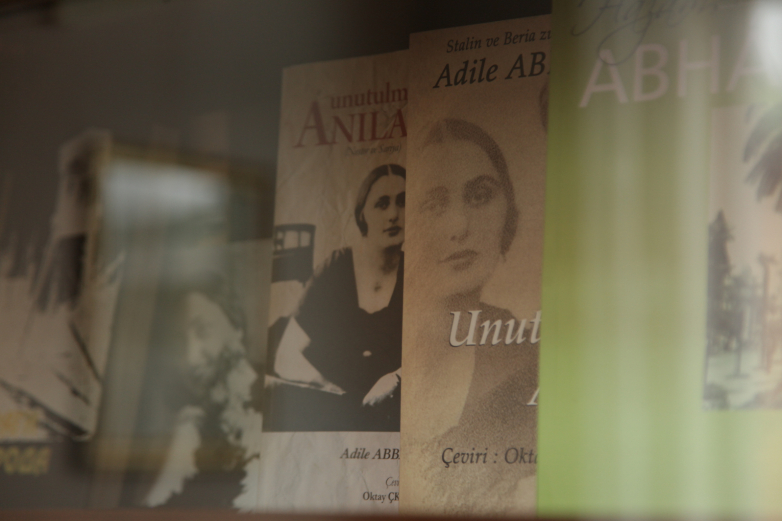
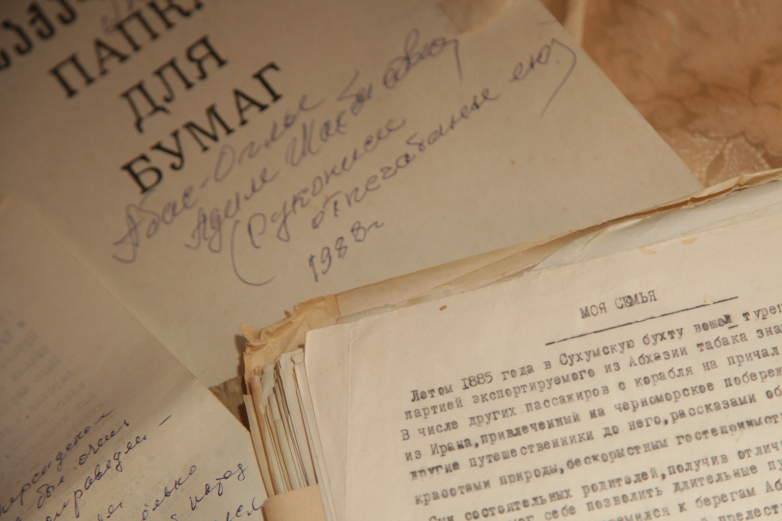
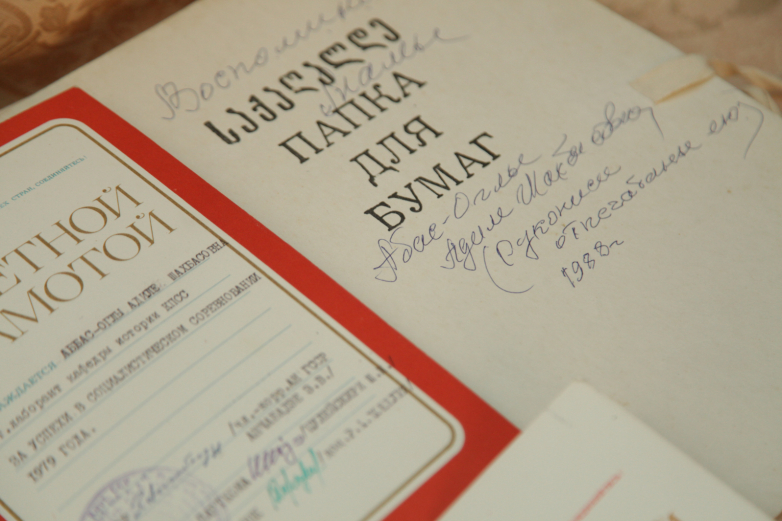
to login or register.